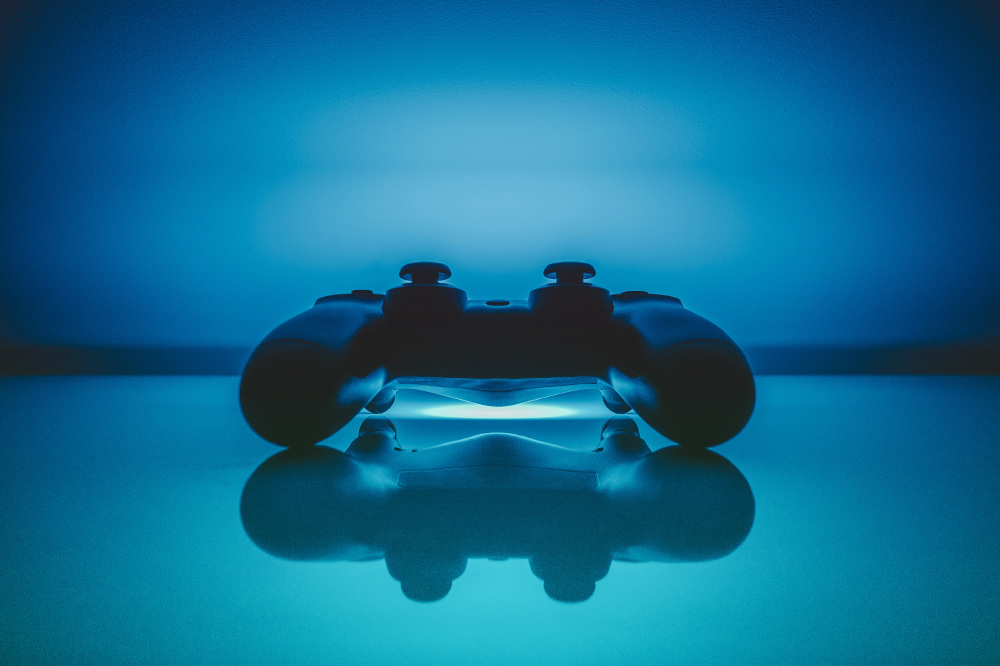Gaming addiction is to be listed as a mental health condition for the first time by the World Health Organisation. Yes We Can Youth Clinics in Hilvarenbeek, Holland specialise in helping young people aged 13-25 from all over the world with addictions and complex behavioural problems. Gaming addiction has now become the second most common reason why young people are being admitted for their 10-week residential treatment programme, making them specialised in treating gaming addiction.

Tiredness and Fatigue
If you recognise the following characteristics in yourself or someone around you, this could indicate that gaming addiction is indeed the case: 1. If a person no longer has control over his or her gaming behavior. 2. If a person gives more priority to gaming than to other interests and activities. 3. If someone continues to play despite the negative consequences.
Yes We Can Youth Clinics have put together the following signs to watch out for if you’re worried you or a friend/family member could be addicted to video gaming. These signs can manifest themselves both emotionally/mentally and physically.
10 Signs You’re Addicted to Gaming
- Tiredness and fatigue - having problems sleeping is common in addicted gamers as their normal sleep cycles are thrown off by the activity.
- Bad headaches or migraines - can be a result of too much time spent staring at a screen.
- Irritability and short temper - you’d rather be gaming than engaging with your normal daily routine so lose your cool easily.
- Lying - addicts downplay the amount of time spent in front of their computer when talking to friends and family, often claiming they “need” to be online.
- Separating yourself from your social circle - you’d rather spend time gaming; your friendships will begin to suffer as you become preoccupied with thoughts of previous online activity or the next session.
- Loss of interest in physical appearance and personal hygiene - you’re spending so much time in a digital world that you’re less interested in feeling clean or healthy.
- Depression - poor concentration, loss of interest and feelings of low self-worth and guilt have been linked with gaming addiction.
- Social anxiety - you’ll be experiencing a loss of interest in usual interests and hobbies and start to feel awkward and uncomfortable socially.
- Mood swings - rapid changes of mood are common in addicted gamers who find it difficult to handle stressful situations.
- Aggression – watch out for signs of unwarranted aggression, when you ask the person you are worried about, or when you get asked, to stop playing video games.
The WHO’s guide suggests that abnormal gaming behaviour should be in evidence over a period of at least 12 months "for a diagnosis to be assigned" but added that period might be shortened "if symptoms are severe".
Playing video games for fun is typically a harmless activity and popular pastime among young people but in more recent years gaming addiction has become a growing problem, particularly in boys and young men.
Online role-playing games (in which a player assumes the role of a fictional character and interacts with other players in a virtual world) are particularly luring for youngsters who are taken away into a fantasy world. Children addicted to gaming are usually ones with poor self-esteem and social problems. When playing in their fantasy world, they can become dominant and virtual life becomes more appealing than real life for them.
Gaming gives the same dopamine rush as alcohol or drugs; all these addictions bring further issues like mental health and behavioural problems and all are as dangerous as each other says Jan Willem Poot, Founder of Yes We Can Youth Clinics (YWCC). He comments:
“What we see is kids who are trying to escape from their lives, to get out of them and feel differently, so they turn to alcohol, drugs, self-harming, locking themselves in gaming – they can all seem like the perfect escape.”
Jan Willem says often when gamers first enter the clinic, it’s like they are in “another world:” ““They spend their days playing games or thinking about playing games. Young people who were consecutively playing games for up to 15 hours a day arrive at the clinic and it’s like they are not in our world.”

